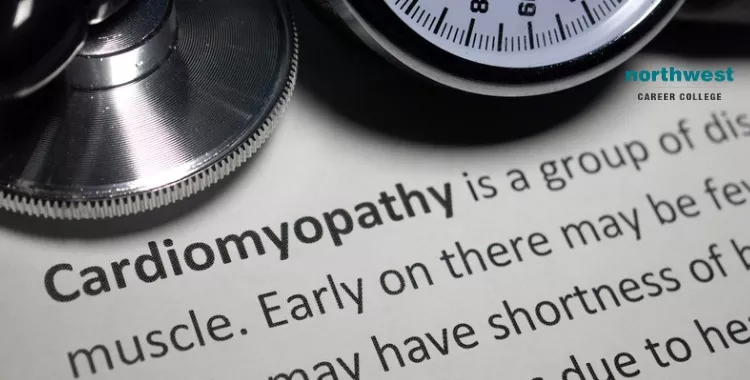De-Mystifying Medical Latin for Medical Assistants
- Medical Assistant
- March 11, 2024
- 3.0k views
- 4 min read

We have our ancient Greek and Roman ancestors for bringing western medical practice out of the shadow of superstition and magic and taking the first steps to turn it into the science it is today.
Some of those ancient roots survive into modern medicine in the form of the complex Latin medical terms we still use. These are great for anyone studying the history of medicine but less useful if you’re a Medical Assistant student trying to puzzle out what they mean.
To help you out, we’ve put together this brief guide to how to use prefixes, suffixes, and root words to figure out the meaning behind even the most complex medical jargon.
Read More: Highest-Paying Medical Assistant Jobs
Table of Contents
De-Mystifying Medical Latin for Medical Assistants
Medical Root Words
A root word is defined as a basic word to which affixes (prefixes and suffixes) are added and is called a root word because it forms the basis of a new word. The root word is also a word in its own right.
A good example of a root word in modern English is Love and the suffix ‘-ly’ can be added to it to make the word Lovely.
Some common root words used in medical terminology include:
- Cepahl/o = head
- Derm = skin
- My /o = muscle
- Oste/o = bone
- Pulm/o = lungs
- Thromb/o = clot
Medical Prefixes
A prefix is an affix that is placed before the stem of a word. Adding it to the beginning of one word changes it into another word.
For example, when the prefix ‘un-’ is added to the word happy, it creates the word unhappy
Some common prefixes used in medical terminology include:
- Ante- = before
- End/o- = within
- Peri- = surrounding
- Post- = after
- Trans- = through
- Supra- = above
Medical Suffixes
A suffix is a letter or group of letters, for example ‘-ly’ or ‘-ness’, which is added to the end of a word in order to form a different word, often of a different word class.
For example, the suffix ‘-ly’ is added to the word quick to form quickly.
Some common suffixes used in medical terminology include:
- -algia = pain
- -desis = fusion/binding
- -emia = blood
- -plasty = reconstruction/repair/plastic
- -sclerosis = hardening
- -uria = urine/urination
Combining Root Words, Prefixes, and Suffixes
Most medical Latin can be broken down into a basic root word that has a meaning on its own with an attendant prefix or suffix or sometimes both.
For example, the correct medical term for a runny nose is Rhinorrhea. This can be broken down into the root word and its suffix:

Rhino (nose) + rrhea (discharge)
Some terms will include both a prefix and a suffix, such as the word for heart muscle disease, cardiomyopathy.
Cardio (heart) +myo (muscle) +pathy (disease)
Once you understand how medical Latin slots together, decoding complex terms is just a matter of breaking them down into smaller chunks, which makes them much easier to understand.
You’ll learn useful tips and tricks like this, and so much more, when you join our Medical Assistant School in Las Vegas and start your new career as an indispensable medical assistant.
Start Your Career In Medical Assisting Today!
Here at Northwest Career College, we have a student-focused attitude that prioritizes giving our graduates the training and skills they’ll need to excel as medical assistants.
If you’d like to learn more about what our medical assistant course can offer you, call one of our enrollment specialists at (702) 403-1592 today. We provide flexible learning, with online and on-campus morning, afternoon, and night classes to accommodate your Las Vegas work and family schedule.
Once you’ve graduated, our dedicated and experienced Career Services team will work with you to help you find the best employment opportunities in Las Vegas. Call us now on (702) 403-1592 to start your journey!



